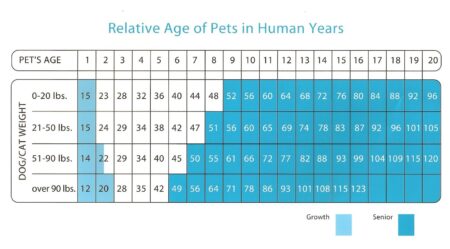Pets age much faster than people do and as your old friend ages, changes will occur. But it is important to remember that age is not a disease in itself, and it is not a reason to neglect manageable conditions. In general, two kinds of changes occur with age. The first is degenerative change such as hearing loss or changes in vision. These are normal and cannot be prevented. The second kind is pathological change or disease such as heart disease, kidney disease, arthritis or dental disease. These are, to some extent, preventable or can be successfully managed.]

The earlier your pet’s health problems are detected the more options you and your veterinarian have to either cure them, slow their progression or help keep your pet more comfortable in their senior years.
Observe your pet for the early warning signs of ageing and age-related disease:
- Change in appetite- increase or decrease
- Weight loss or weight gain
- Loss of housetraining or toileting accidents
- Difficulty rising, walking or climbing stairs
- Confusion or disorientation
- Persistent cough
- New lumps or bumps
- Bad breath, plaque on teeth, or bleeding gums
- Diarrhea or vomiting
- Change in sleep patterns
- Ear odors, redness, scratching, or head shaking
- Change in drinking and/or urination
- Change in body shape, for example an enlarging abdomen
It is common to assume these signs are a normal part of the ageing process; however, they may indicate underlying age-related disease such as arthritis or hypothyroidism. Monitor changes in your pet’s health and if you notice anything unusual please contact your veterinary health care team for advice. Once we identify and manage the disease, it makes them feel younger again.
If you are concerned, or worried about even small changes, please do not hesitate to contact us. We would rather hear from you now so that symptoms can be discussed, treatment provided or environmental or lifestyle changes can be made to help your pet. Just remember pets can’t tell us when they are in pain!
